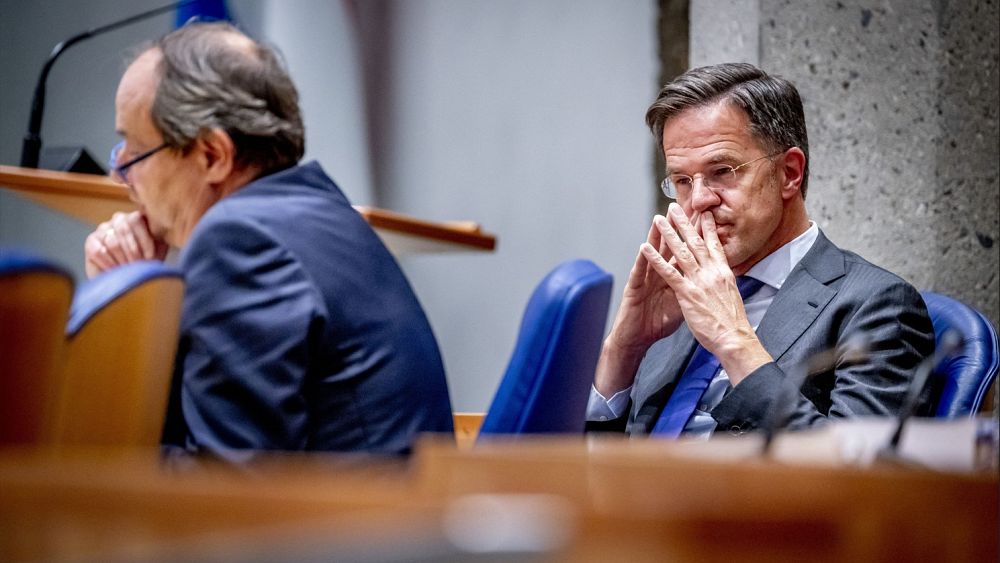
Last year, hundreds of asylum-seekers were forced to sleep outdoors in squalid conditions near an overcrowded reception centre as the number of people arriving in the Netherlands outstripped the available beds. Dutch aid agencies provided assistance.
A general election will likely be held in the autumn however the government has not confirmed the reports and no ministers immediately emerged from the meeting near Rutte’s office.
Rutte, the Netherlands’ premier presided over late-night meetings Wednesday and Thursday that failed to result in a deal. More talks got underway Friday evening, and he declined to answer questions about the issue at his weekly press conference before the discussions.
“Everybody wants to find a good, effective solution that also does justice to the fact that this is about human lives,” Finance Minister Sigrid Kaag, a member of the centrist D66 party, said before the talks began.
The discussions have underscored ideological divisions in the coalition between the partner parties that do not support a strict crackdown on migration — D66 and fellow centrist party ChristenUnie, or Christian Union — and the two that favour tougher measures — Rutte’s conservative People’s Party for Freedom and Democracy and the Christian Democrats.
The coalition has tried for months to hash out a deal to reduce the flow of new migrants arriving in the country of nearly 18 million people. Proposals reportedly include creating two classes of asylum — a temporary one for people fleeing conflicts and a permanent one for people trying to escape persecution — and reducing the number of family members who are allowed to join asylum-seekers in the Netherlands.
“We’ve been working at this for a long time, and all the information is on the table. We have to look together to see if we can make something of it,” Justice Minister Dilan Yeşilgöz-Zegerius, a member of Rutte’s party, said ahead of the latest round of talks.
Just over 21,500 people from outside Europe sought asylum in the Netherlands in 2022, according to the country’s statistics office. Tens of thousands more moved to the Netherlands to work and study.
The numbers have put a strain on housing that already was in short supply in the densely populated country.
Rutte’s government has worked for a law that could compel municipalities to provide accommodations for newly arrived asylum-seekers, but the legislation has yet to pass through both houses of parliament.
The prime minister also has promoted European Union efforts to slow migration to the 27-nation bloc. Rutte visited Tunisia last month with his Italian counterpart and the president of the EU’s executive commission to offer more than 1 billion euros in financial aid to rescue the North African nation’s teetering economy and to stem migration from its shores to Europe.
Rutte’s coalition government, the fourth he has led, took office in January 2022 following the longest coalition negotiations in Dutch political history.











